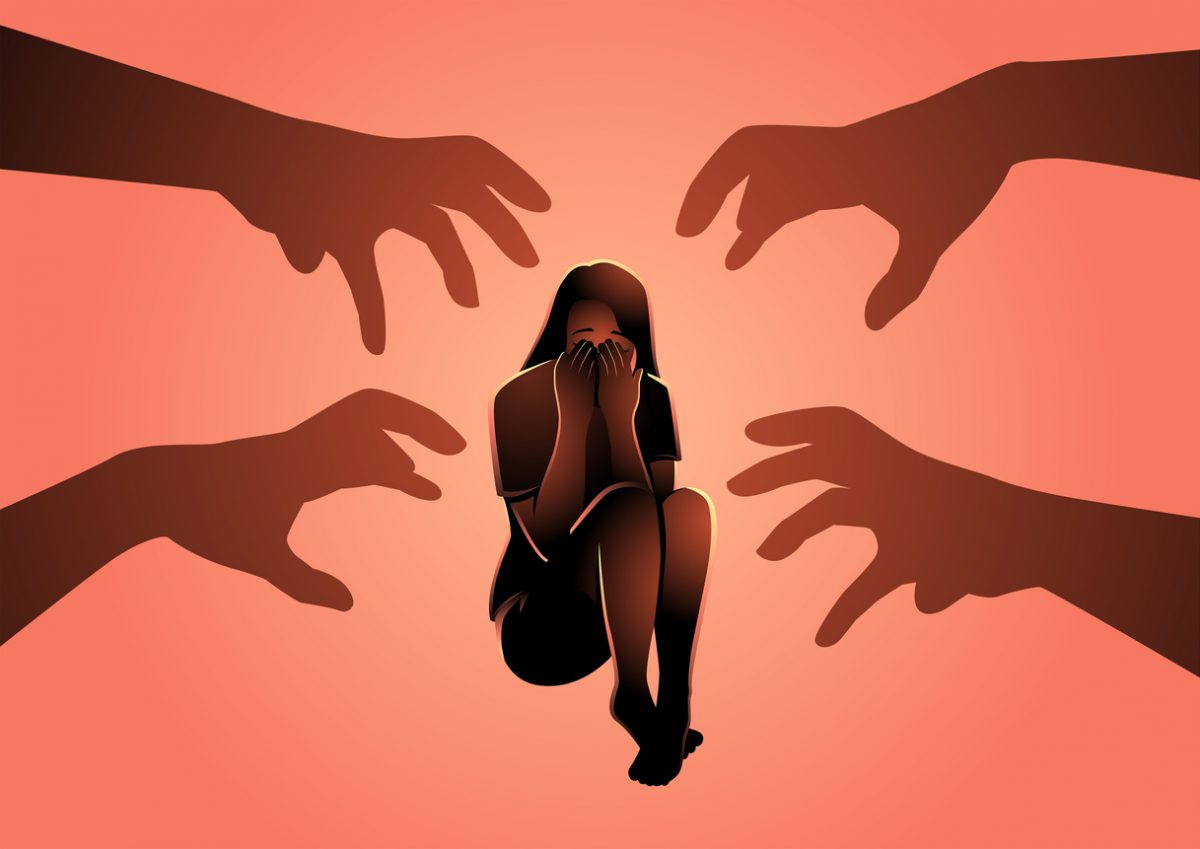Objective: Symptom-free remission is a goal for treatment in depression and anxiety disorders, but there is no consensus regarding the threshold for determining remission in individual disorders. We sought to determine these thresholds by comparing, in a post hoc analysis, scores on the Clinical Global Impressions scale (CGI) and disorder-specific symptom severity rating scales from all available studies of the treatment of major depressive disorder, panic disorder, generalized anxiety disorder, and social anxiety disorder with the same medication (escitalopram). We also sought to compare the standardized effect sizes of escitalopram for these 4 psychiatric disorders.
Data Sources and Study Selection: Raw data from all randomized, double-blind, placebo-controlled, acute treatment studies sponsored by H. Lundbeck A/S (Copenhagen, Denmark) or Forest Laboratories, Inc. (New York, N.Y.), published through March 1, 2004, with patients treated with escitalopram for DSM-IV major depressive disorder (5 studies), panic disorder (1 study), generalized anxiety disorder (4 studies), or social anxiety disorder (2 studies) were compared with regard to the standardized effect sizes of change in CGI score and scores on rating scales that represent the “gold standard” for assessment of these disorders (the Montgomery-Asberg Depression Rating Scale, the Panic and Agoraphobia Scale, the Hamilton Rating Scale for Anxiety, and the Liebowitz Social Anxiety Scale, respectively).
Data Synthesis: In all indications, treatment with escitalopram showed differences from placebo in treatment effect from 0.32 to 0.59 on the CGI-S and CGI-I and standardized effect sizes from 0.32 to 0.50 on the standard rating scales. There were no significant differences among the different disorders. Moderate to high correlations were found between scores on the CGI and the standard scales. The corresponding standard scale scores for CGI-defined “response” and “remission” were determined.
Conclusion: Comparison of scores on the standard scales and scores on the CGI suggest that the traditional definition of response (i.e., a 50% reduction in a standard scale) may be too conservative.
Enjoy this premium PDF as part of your membership benefits!




